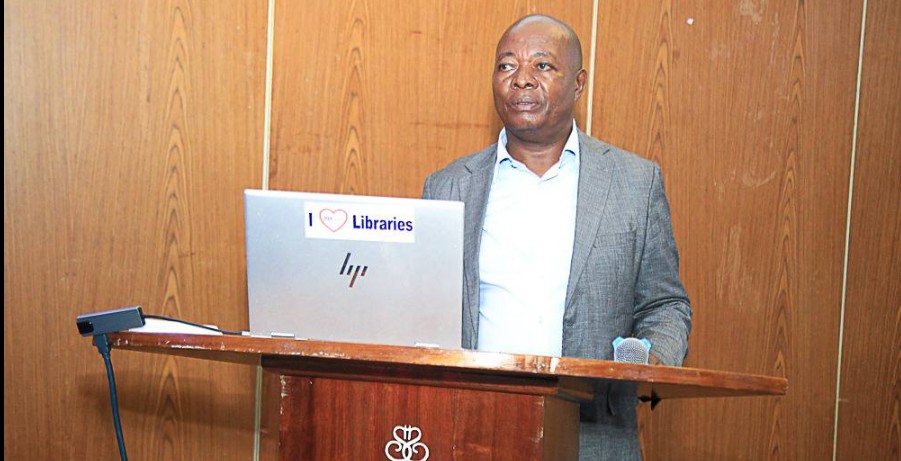Finance Bill 2025: Food prices to drop as new taxes target health, farming and green energy

This duty, introduced in the 2023 Finance Act, had pushed up the prices of these items and created friction with key trade partners like Uganda, Tanzania and Egypt.
Kenyans could see both relief and new costs under the proposed Finance Bill, 2025, which introduces a mix of tax cuts and hikes in a bid to reshape the country’s revenue system.
The government has proposed to remove the 25 per cent excise duty on imported eggs, potatoes and onions to help lower food prices and ease tensions with neighbouring countries.
More To Read
- Counties get Sh15.1bn relief from Treasury amid mounting arrears, service disruptions
- MPs warn of Sh200 billion revenue shortfall as 2025-26 budget hits Sh4.4 trillion
- Treasury cuts tax revenue target by Sh93 billion amid economic slowdown
- Tough year ahead for Kenyans as KRA records Sh174 billion revenue shortfall
This duty, introduced in the 2023 Finance Act, had pushed up the prices of these items and created friction with key trade partners like Uganda, Tanzania and Egypt.
For example, the average cost of a kilo of potatoes rose to Sh126.48 in March 2025, from Sh107.98 in 2023. Experts have blamed this increase on the excise duty and supply shortages.
Countries such as Uganda supply eggs, while Tanzania exports a large share of onions to Kenya. Potatoes come from Zambia and Egypt.
Removing the tax is expected to reduce food costs and improve trade relations.
The changes also apply to imported potato crisps and chips, part of efforts to settle trade disputes that have strained regional ties.
Kenya’s neighbours have also responded with their own trade barriers, such as Tanzania taxing eggs and milk from Kenya and Uganda slapping duties on Irish potatoes.
President William Ruto and his counterparts in the region have held discussions to address these issues.
Last year, former Treasury Cabinet Secretary Njuguna Ndung’u promised to scrap the duty to strengthen regional trade.
Zero-rated goods
But while some tax cuts are meant to ease pressure on families, the same Finance Bill also proposes new taxes that could increase the cost of healthcare, farming and clean energy.
The Treasury now wants to remove eight items from the list of zero-rated goods and services, replacing the current tax relief with a standard 16 per cent VAT. This shift would affect goods that were previously untaxed but allowed businesses to claim input tax credits.
The proposed changes cover farm inputs, drug-making materials, and the transport of sugarcane.
Also affected is the supply of electric buses, solar batteries, lithium batteries and even the local assembly of mobile phones.
Among the most affected sectors are agriculture and health. Inputs used to make animal feeds and pharmaceutical products, both essential to daily life, will now attract VAT if Parliament passes the changes. This is likely to raise the cost of production, with the added burden passed on to consumers.
Electric mobility, which had been promoted through tax exemptions, will also suffer. Electric buses and green energy components will lose their VAT relief, a move that could slow down clean energy efforts.
The government argues that the goal is to reduce VAT refund claims and improve tax administration.
“Instead, it aims to enhance tax administration efficiency through a new legislative framework,” the Cabinet said in a statement on Tuesday.
This is the first Finance Bill by Treasury Cabinet Secretary John Mbadi, who took office after the 2024 Finance Bill was withdrawn following protests across the country.
His proposals come at a time when the cost of living remains a pressing issue for many households.
While consumers may benefit from lower food prices, the higher costs in other sectors raise concerns that the overall burden on families could still grow.
Top Stories Today










































